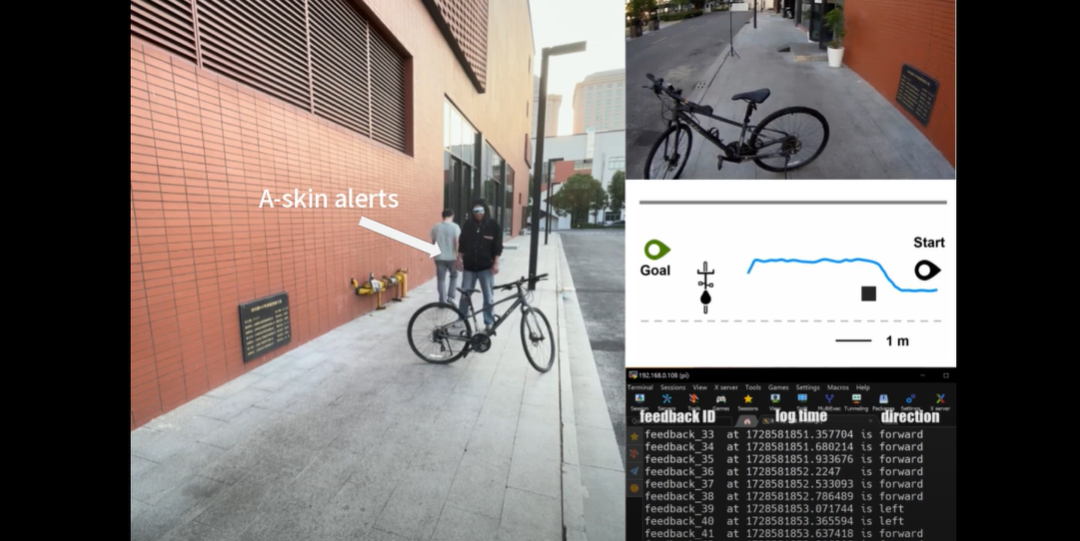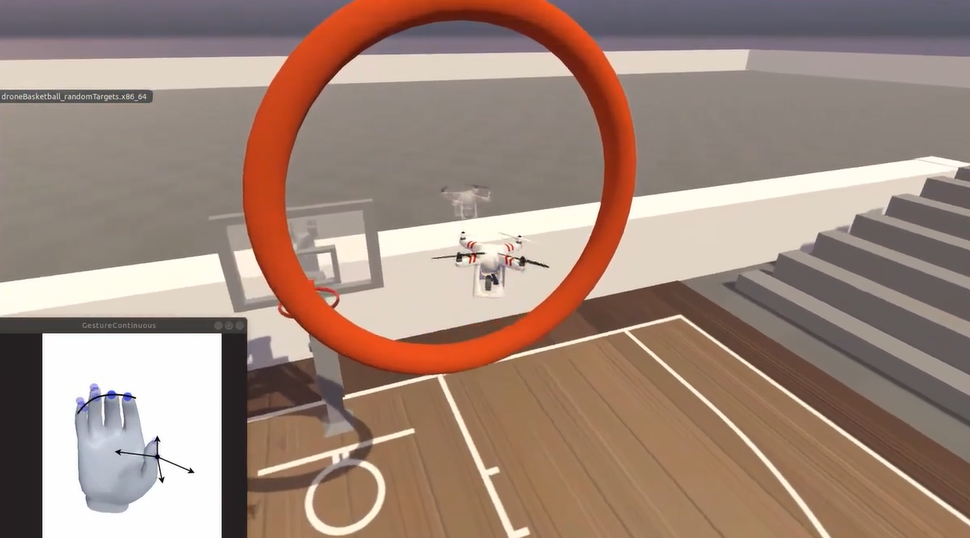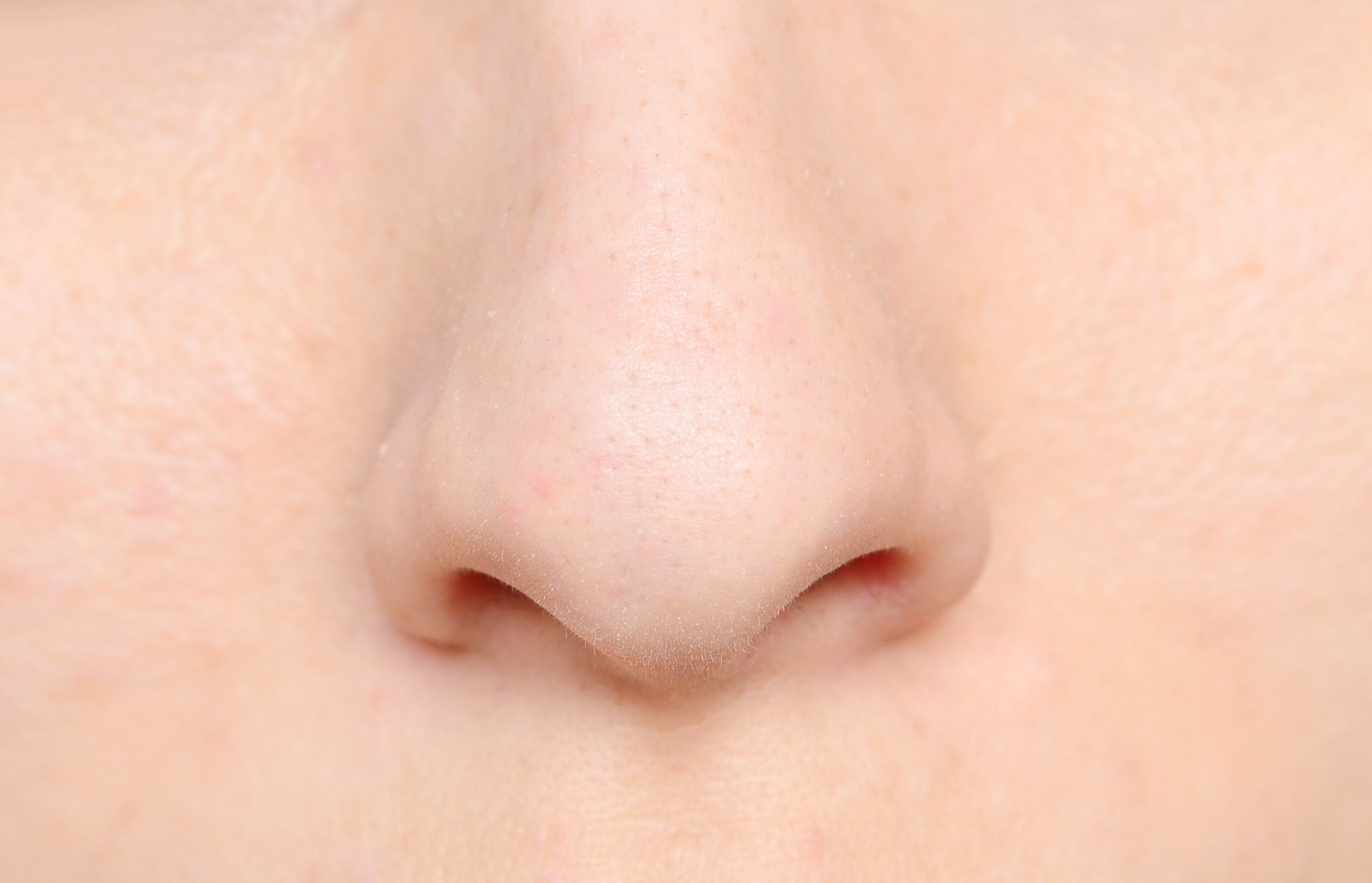Artificial intelligence system helps blind people to find their way around
A team has developed a wearable designed to aid navigation for people who are blind or visually impaired. The system uses artificial intelligence (AI) algorithms to probe the environment and send signals to the wearer when approaching an obstacle or object. The technology, which is presented in Nature Machine Intelligence, was tested with humanoid robots and blind and partially sighted participants in both virtual and real environments.






